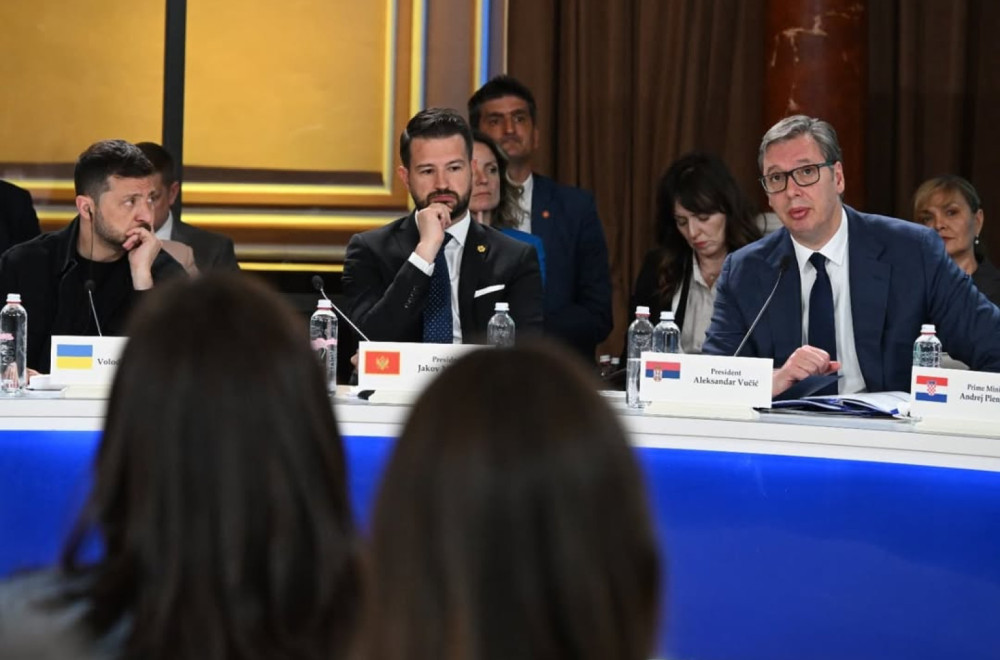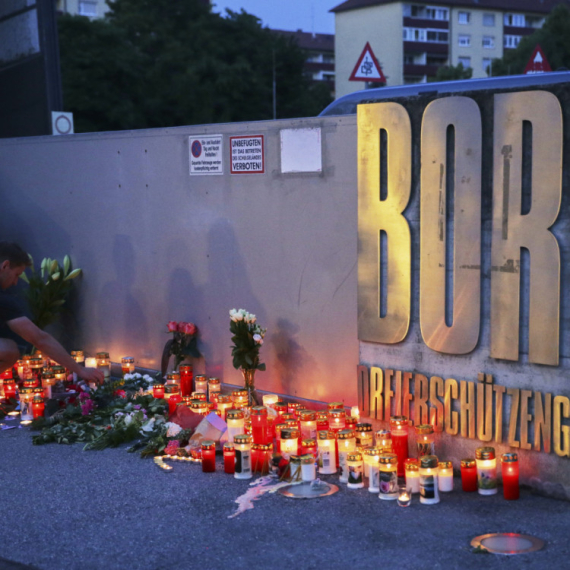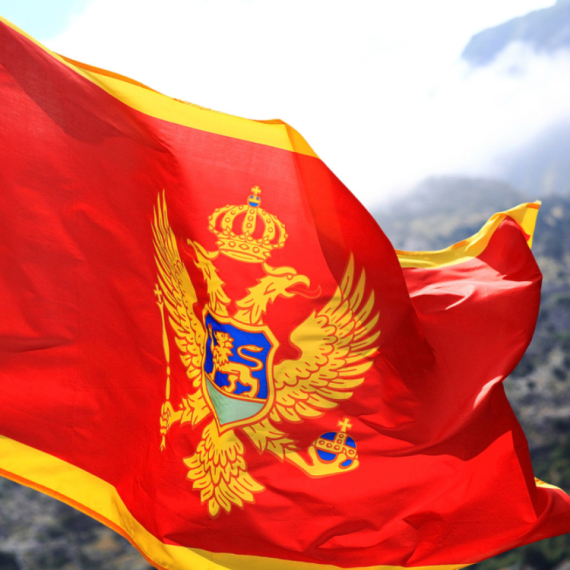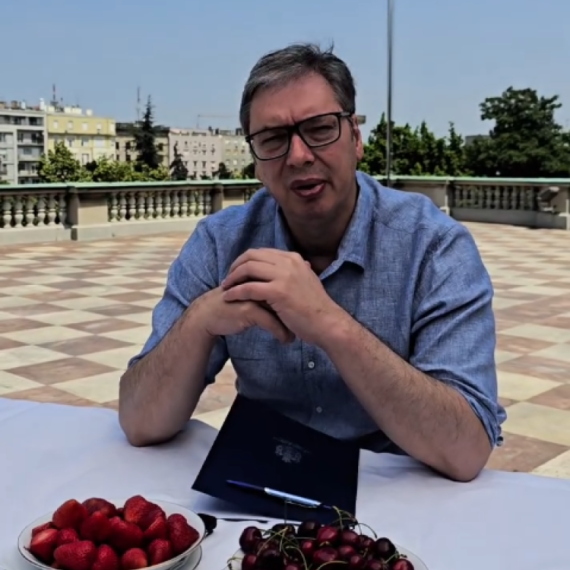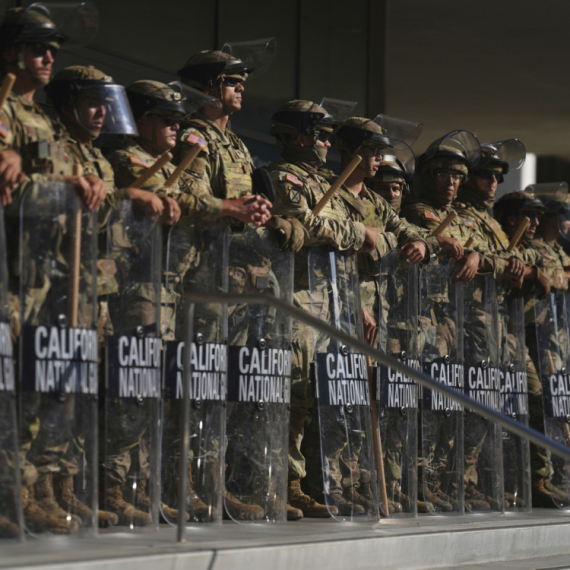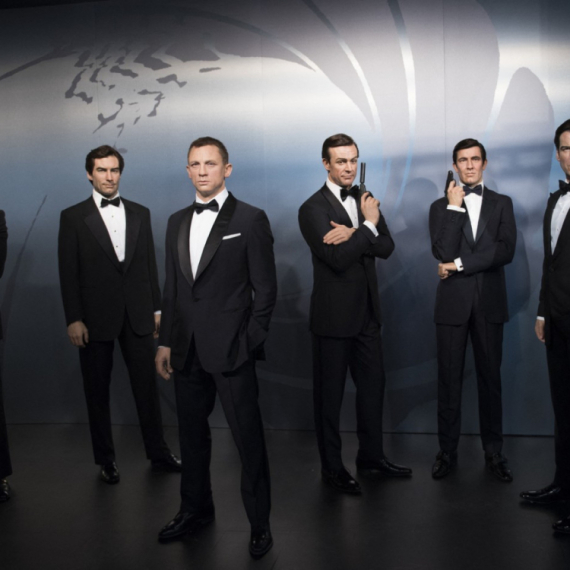Serbian President Aleksandar Vučić was the only official among 11 countries at the summit in Odessa who refused to sign the strongly anti-Russian declaration. Vučić remained consistent with Serbia’s policy of not imposing sanctions on Russia, which he emphasized during the summit. The document called for maintaining and strengthening sanctions against Russia, which contradicted Serbia’s position. Vučić stated that he did not betray Russia and that Serbia pursues an independent and sovereign policy, respecting international law and territorial integrity. Representatives of the so-called Kosovo were not present at the summit as they were not invited by Ukraine. Vučić’s refusal to sign the declaration sparked various reactions in the media, with some criticism but also support for his stance.
Political Perspectives:
Left: Left-leaning outlets tend to emphasize Serbia’s independent foreign policy and criticize Western pressure on Serbia to conform to anti-Russian stances. They highlight Vučić’s refusal as a stand against Western dominance and support for balanced diplomacy.
Center: Centrist media report the facts of Vučić’s refusal to sign the declaration, presenting Serbia’s position as a pragmatic balancing act between East and West. They focus on the diplomatic nuances and Serbia’s interest in maintaining good relations with both Russia and the West.
Right: Right-leaning sources often praise Vučić’s decision as a courageous defense of national sovereignty and traditional alliances with Russia. They criticize the anti-Russian declaration as unjust and highlight Serbia’s refusal as a principled stand against Western pressure.






